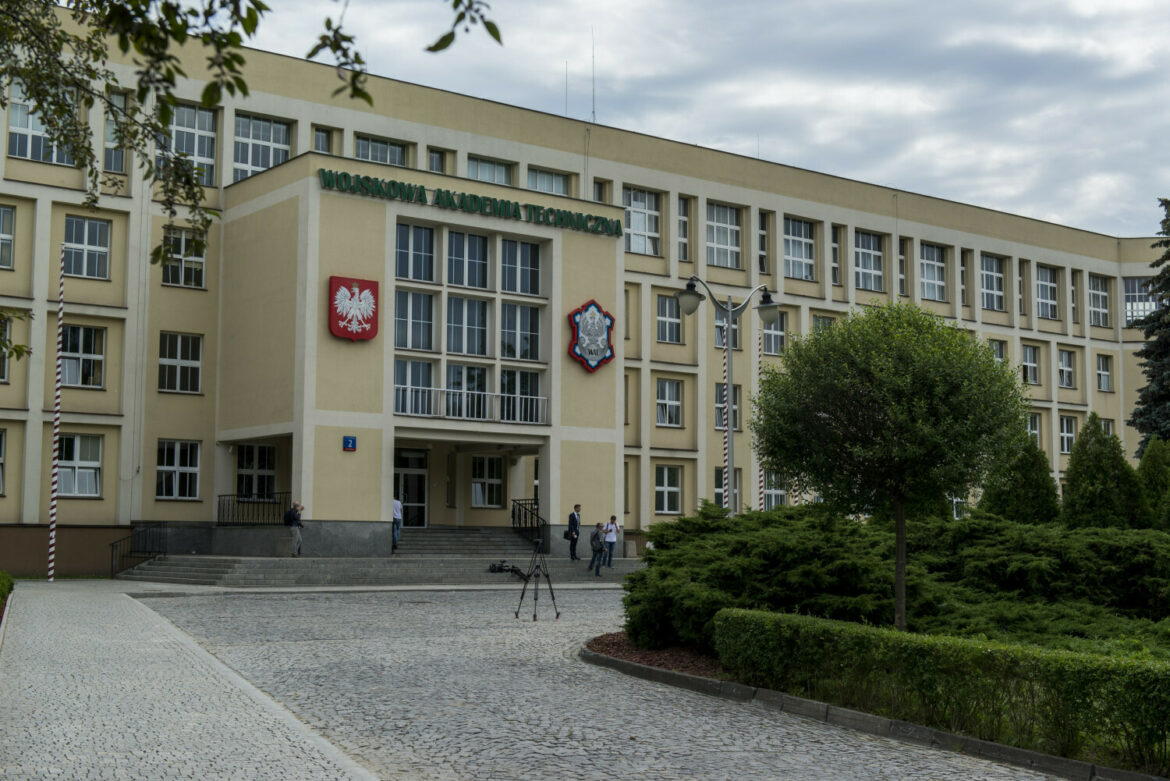Researchers from the Military University of Technology will develop technologies to combat human trafficking and environmental pollution more effectively. They have received almost half a million euros from the Horizon Europe programme for their research.
The university will carry out two projects, which will be conducted at the WAT’s Institute of Optoelectronics. The first, STBERNARD (SysTem for SAFE Biological chEmical Radiological and Nuclear Assessment, Rescue and Decontamination), involves developing technology for high-speed aerosol and vapour detectors and mass decontamination. The detectors being developed are excellent solutions for providing portable protection against chemical, biological, radiological and nuclear hazards.
The project will involve 16 European partners. The budget for the three-year project is nearly EUR 6 million. The Warsaw university will receive EUR 220 000 of the total.
The VANGUARD project (adVANced technoloGical solutions coupled with societal-oriented Understanding and AwaReness for Disrupting trafficking in human beings) will develop advanced technological solutions which, combined with the unique expertise of law enforcement agencies, will ensure a more effective fight against human trafficking at all stages of an investigation.
WAT staff will develop two modules of the system. The first will be responsible for the behavioural analysis of persons based on thermal imaging, which will make it possible to determine persons’ emotions and detect, for example, elevated body temperature. The second module, using terahertz imaging, which has the ability to penetrate non-metallic materials used in the manufacture of car coverings, will allow people hidden in trucks to be found.
The project consortium consists of 23 entities from the European Union and associated countries. The research will start at the beginning of November and will last for three years. The Institute of Optoelectronics will receive almost €224,000 for the project.
Arkadiusz Słomczyński





